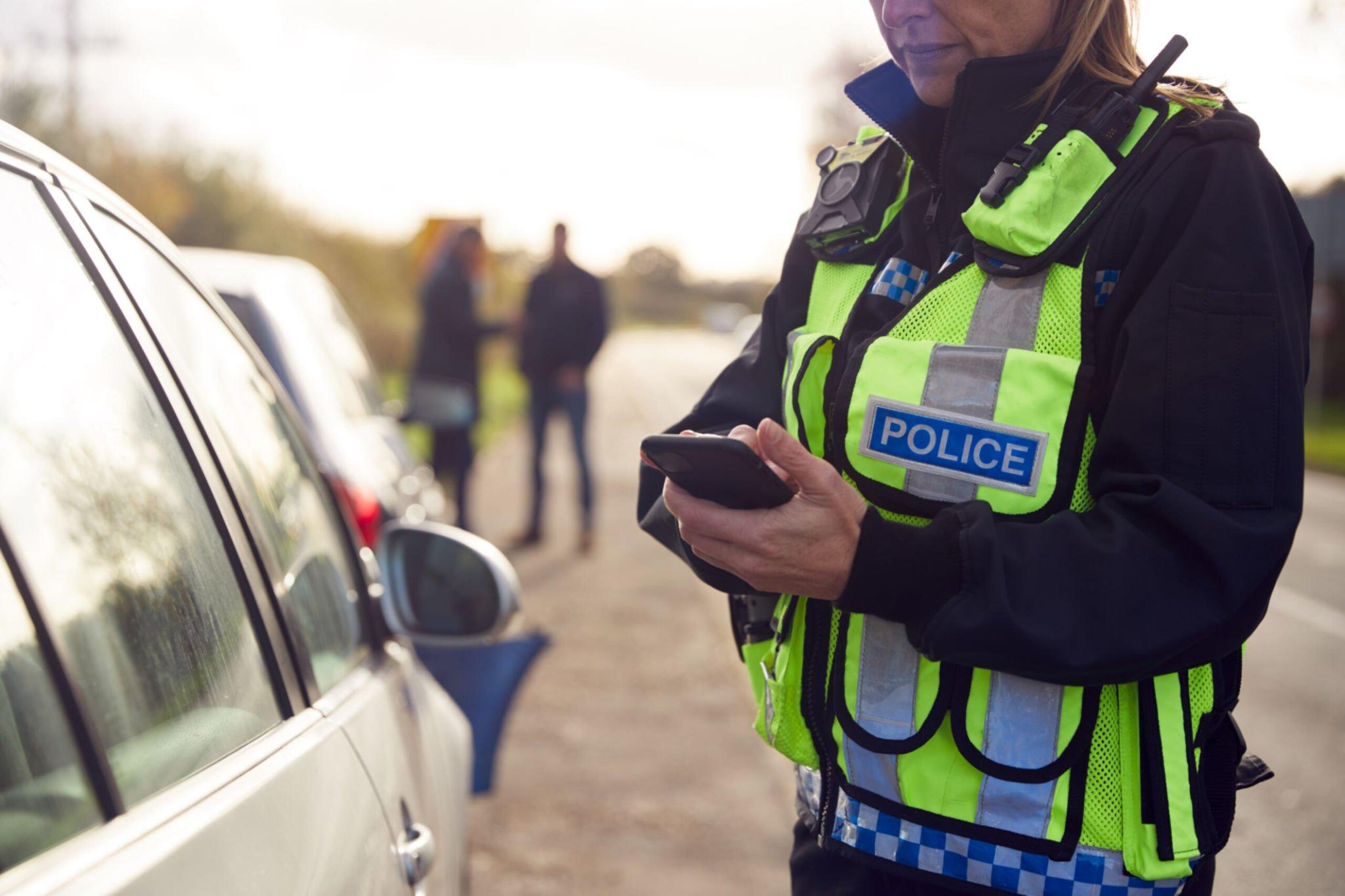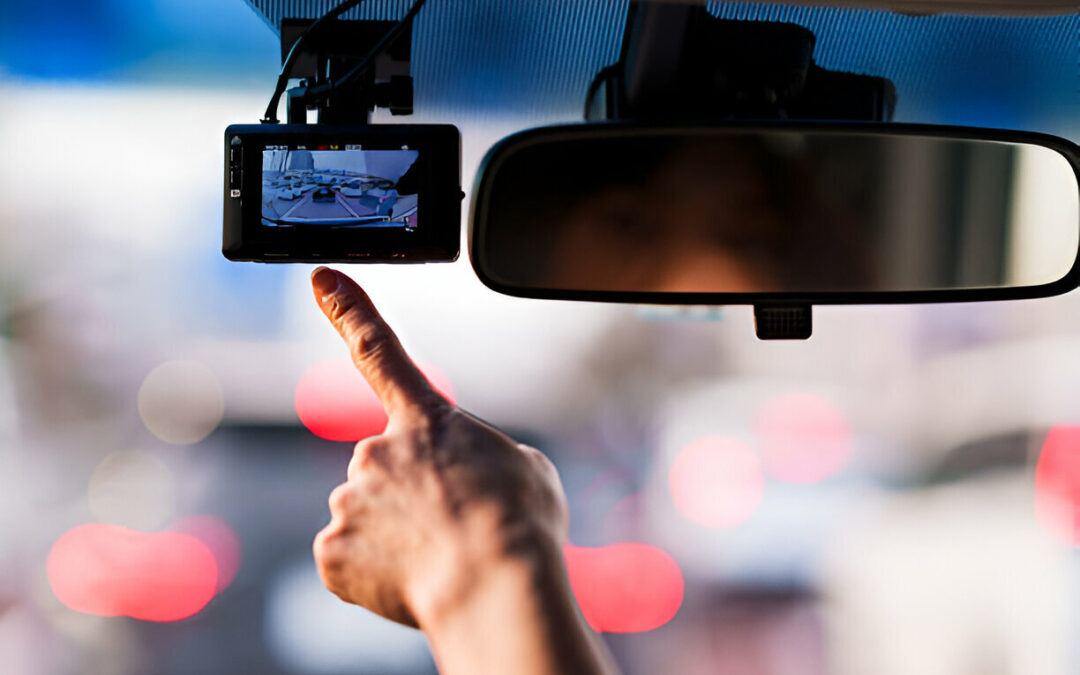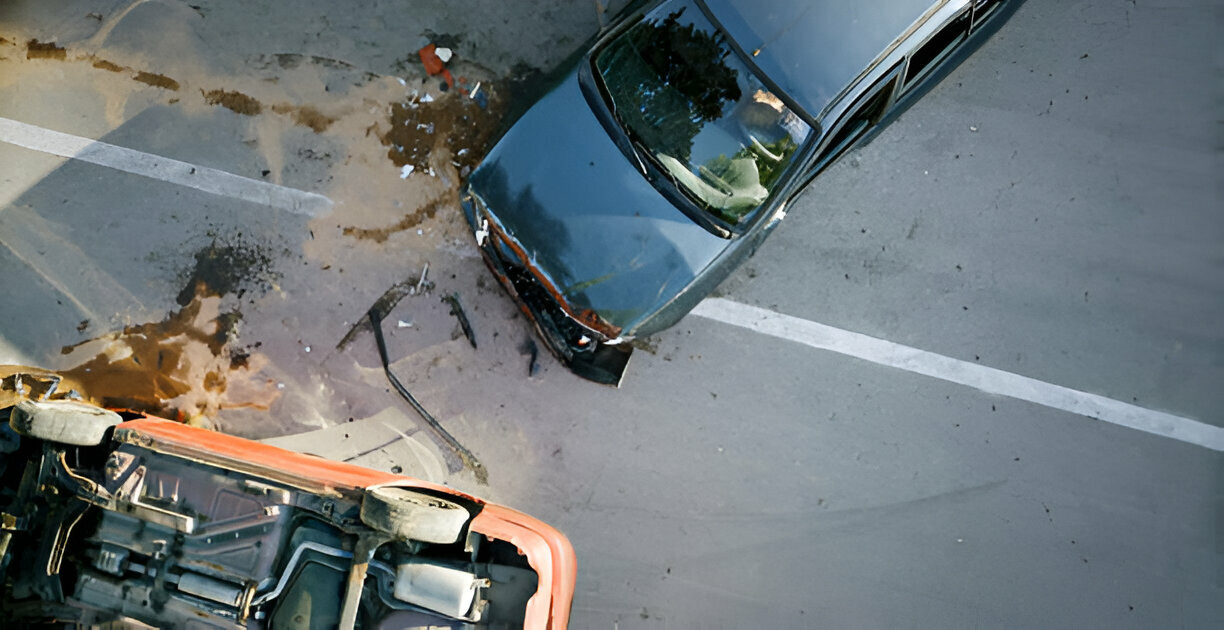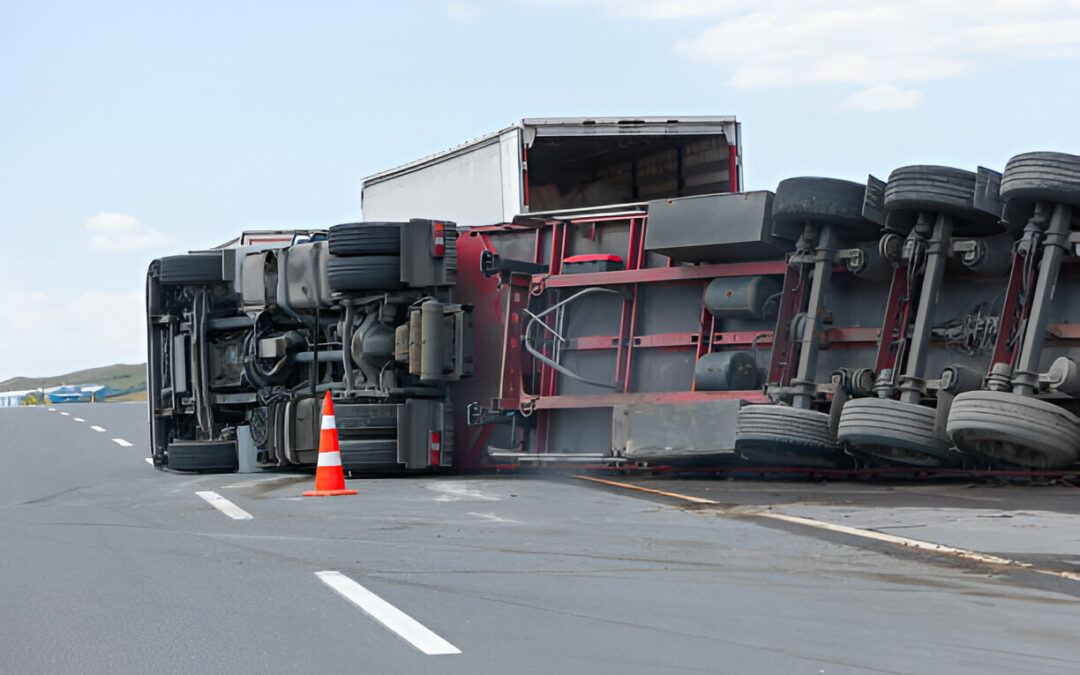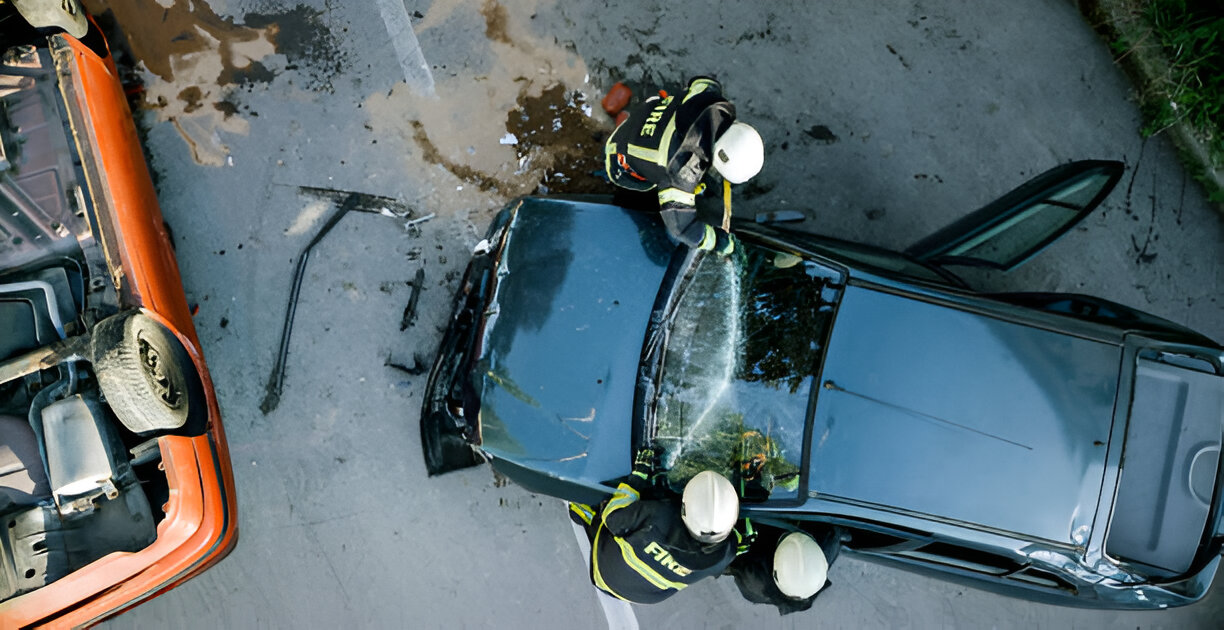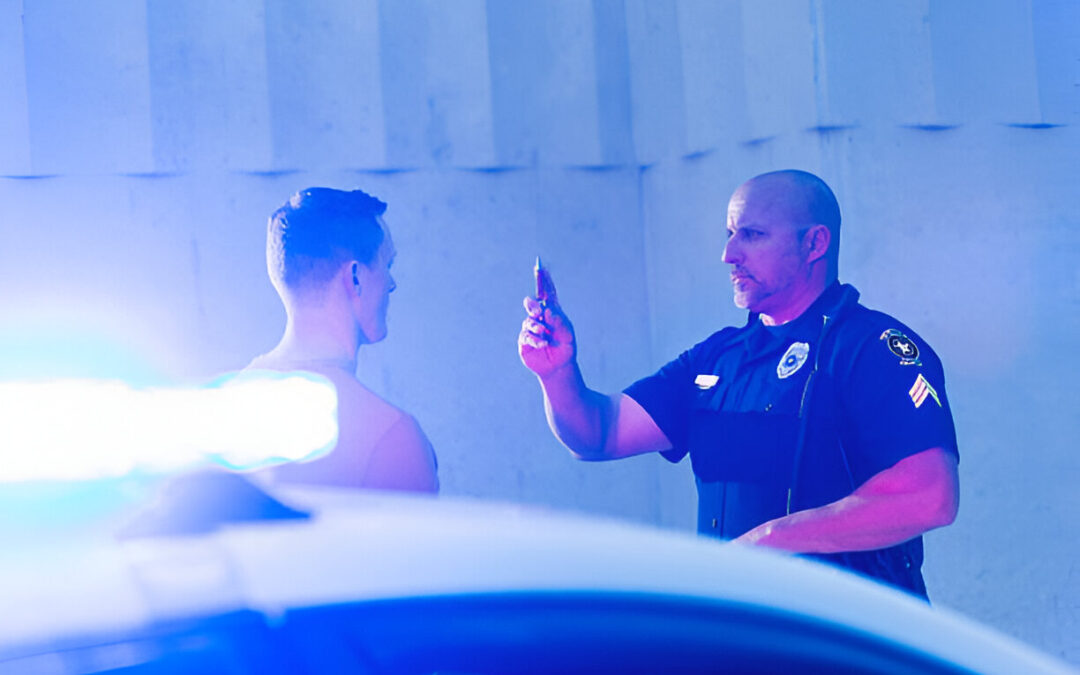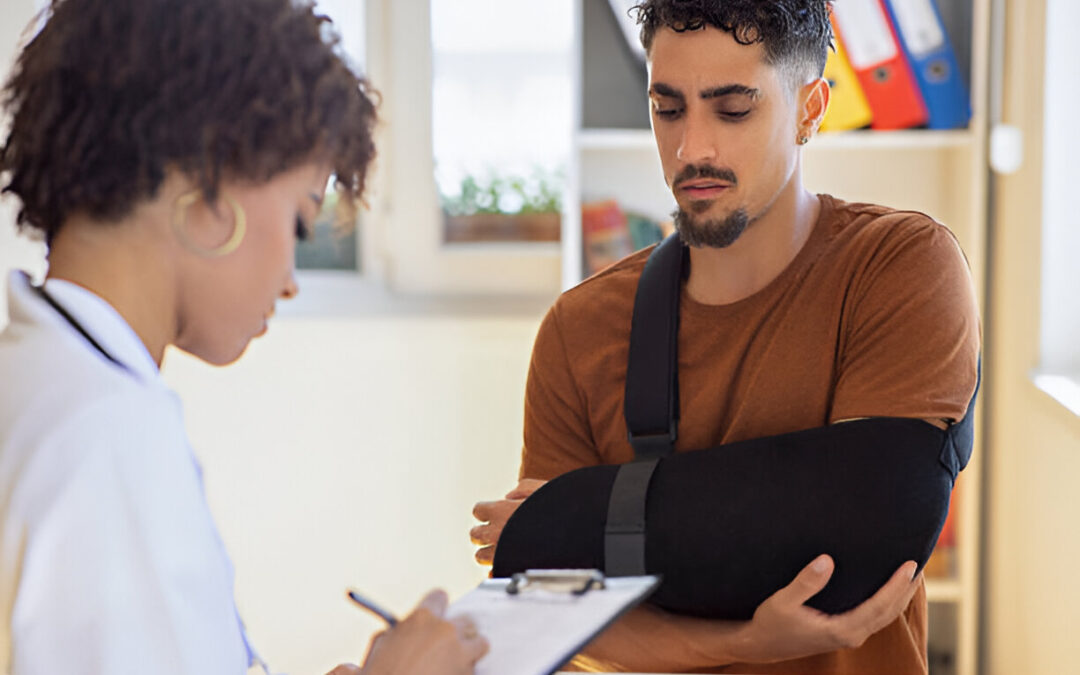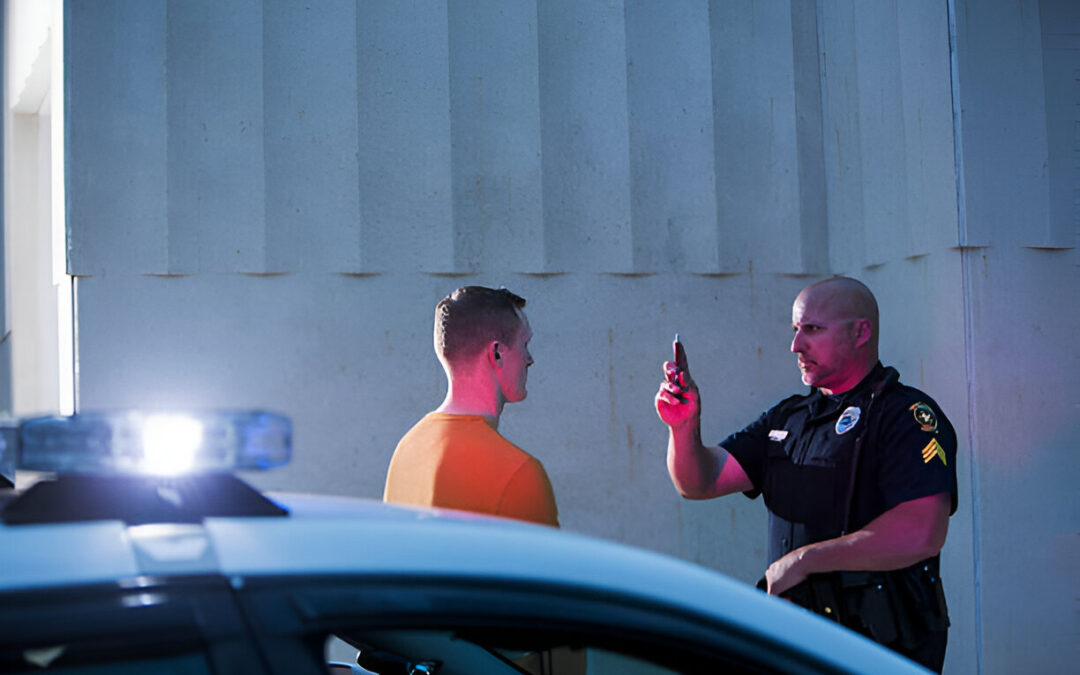Ever wondered what happens if your car is impounded by police? Getting into a car accident can be a harrowing experience, and when the police decide to impound your vehicle, it can add an extra layer of stress to an already challenging situation. In this article, we’ll walk you through the steps to take if your car is impounded by the police and shed light on important considerations related to towing and storage expenses, potential legal actions, and seeking compensation for damages.
What Happens if Your Car is Impounded by Police?
In the unfortunate event of an accident where your car is either inoperable or you are too injured to take immediate action, the police might arrange for a tow truck company to impound your vehicle. However, if your condition allows, there are certain steps you should consider taking:
- Document the Scene: Take photographs of your car and the accident scene. These photographs are crucial evidence for insurance claims and potential legal actions.
- Retrieve Belongings: Remove your personal belongings from the vehicle. Given the uncertainty of when you’ll have access to your car again, this step is essential to ensure the safety of your possessions.
- Insurance Adjuster: If circumstances prevent you from handling the above steps at the crash scene, don’t worry. An insurance adjuster will inspect your car and document its condition before it heads to the repair shop. Alternatively, you or a friend can retrieve your belongings from the impoundment lot later.
Once the tow truck arrives, if you cannot remain at the scene, you can ask the driver for information about where your car is being taken, towing and storage costs, and documentation related to the towing process. The police can also provide you with this information if you’re able to stay once the tow truck arrives.
More: What Happens if a Police Car Hits You?
Who Covers the Towing and Storage Expenses Following an Accident?
Initially, the responsibility for towing and storage expenses typically falls on you. However, you should keep all the documentation related to these costs, as they can be submitted to the insurance company for reimbursement. If the at-fault driver’s insurance or your insurance company covers the costs, they usually handle the payment directly.
But what if neither party is willing to cooperate? This is where having the right options becomes pivotal. If you have invested in uninsured/underinsured (UM/UIM) coverage, it can play a significant role. This coverage can encompass towing expenses along with other damages, providing you with a safety net in situations where cooperation is lacking.
Alternatively, you might find yourself considering a different approach—filing a lawsuit against the responsible party. Acting swiftly in this scenario is paramount. Under Florida Statutes § 95.11(3)(a), personal injury lawsuits have a general four-year deadline. Failing to initiate legal action within this timeframe can result in the court rejecting your case. Therefore, it’s imperative to be proactive and adhere to legal deadlines.
While navigating these options, pay attention to the urgency of retrieving your car from the impoundment lot. The longer your vehicle remains there, the more substantial the fees can become. Moreover, it’s essential to be aware that if your car lingers in the lot for an extended period, the tow truck company could even consider selling it. Timely action is not just about cost-effectiveness, but also about safeguarding your valuable asset from potential loss.
What Types of Damages Can Be Included in Your Car Accident Lawsuit Against the Other Driver?
Beyond the towing and storage expenses, you have the right to seek compensation for a range of damages incurred due to the accident. These damages can include:
- Medical expenses
- Loss of income and benefits
- Future loss of earning capacity
- Pain and suffering
- Vehicle repair or replacement costs
- Scarring and disfigurement
- Mental anguish
Consulting a skilled car accident lawyer can help you assess the specific damages you can pursue and determine their potential value. Remember that you might be eligible for compensation beyond what’s listed here.
Get the Legal Help You Need
Having gained insights into the process of what happens if your car is impounded by police following an accident, it’s crucial to ensure you have the right legal support. At Pacin Levine, P.A., we are dedicated to thoroughly evaluating every aspect of your case and devising a strategic plan to ensure a successful outcome. If you’ve been involved in an accident and your car has been impounded, we can provide you with the guidance you need. Contact us at (305) 760-9085 or 1-800-24-7-CRASH (2727) to discuss your claim.
We proudly serve the Greater Coral Gables Area, encompassing Miami, Coconut Grove, South Miami, Pinecrest, Palmetto Bay, Kendall, Glenvar Heights, Westchester, West Miami, Brickell, Sweetwater, Doral, Miami Springs, and Miami Beach. Let our experienced team help you seek the justice and compensation you rightfully deserve for your injuries.


